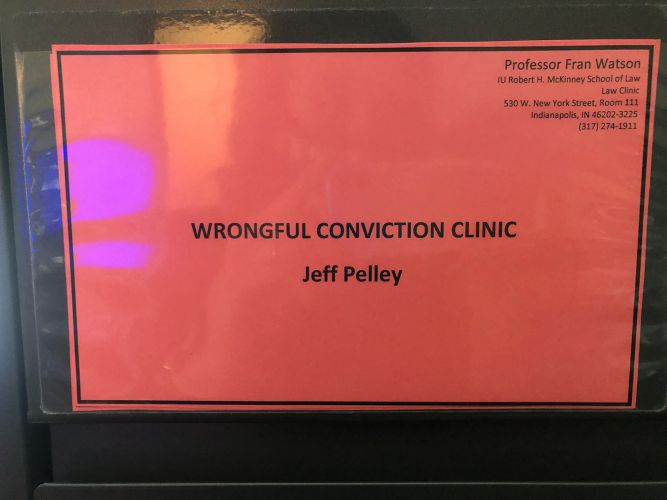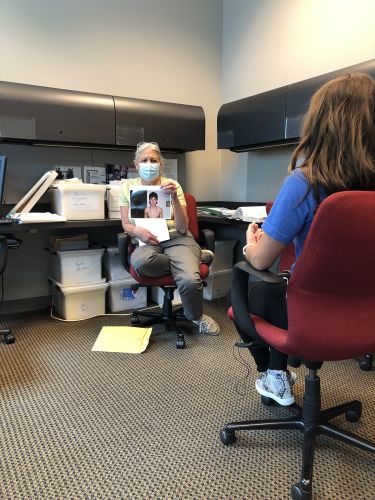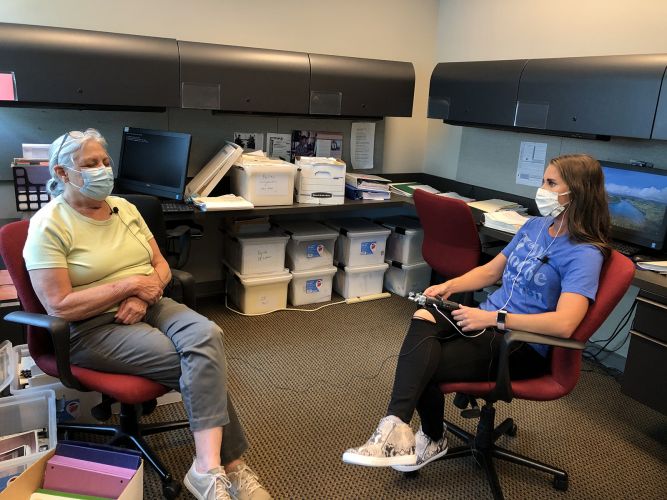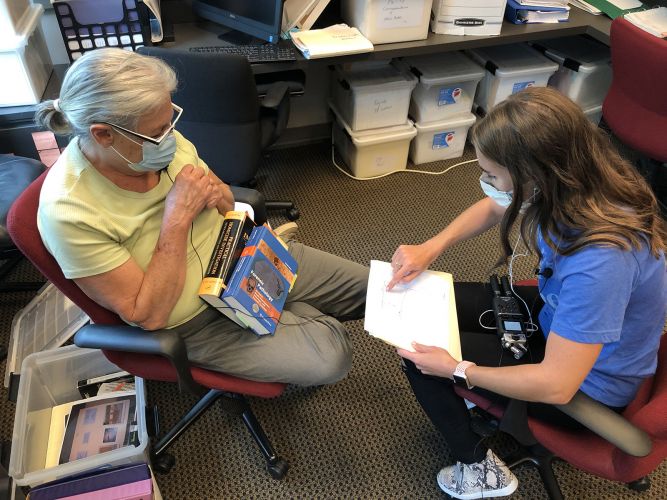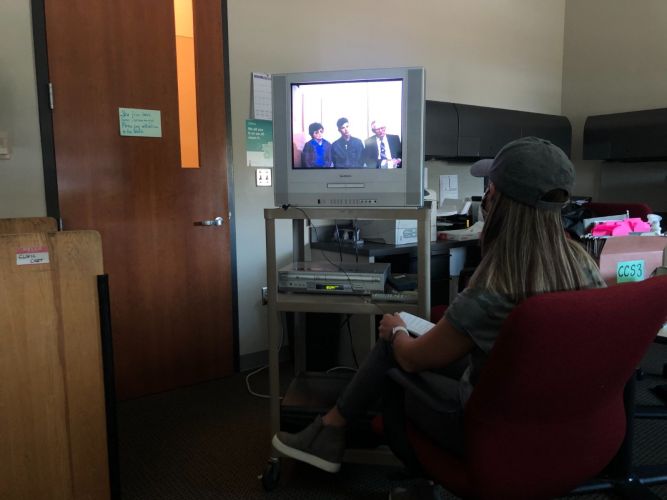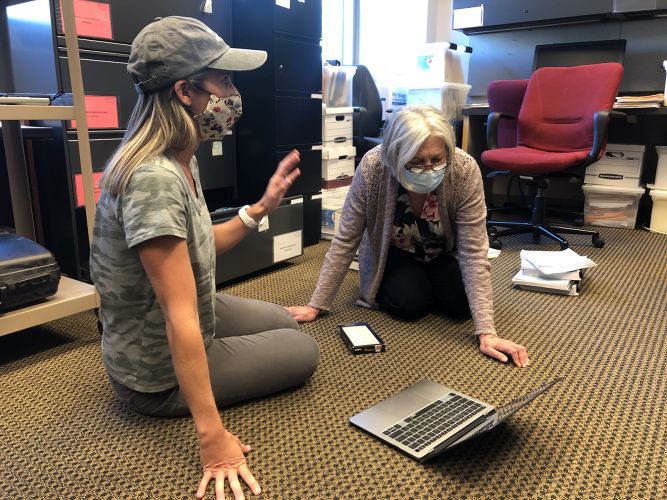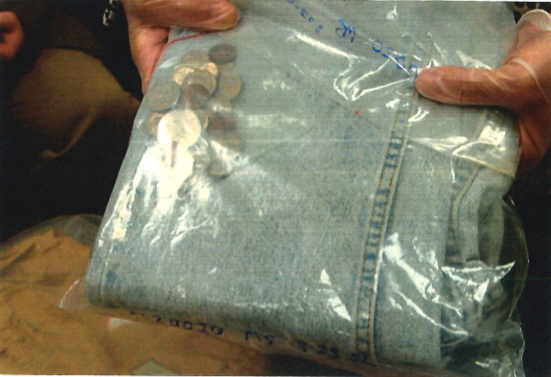Jeff’s current defense attorney Frances Watson invites Delia to her “Pelley Case” war room at IU McKinney School of Law and lays out the facts she is using to contest Jeff’s conviction. Delia uncovers that former Saint Joseph County Police detectives now contradict some of their original theories.


